Fighting Words: Meet the College Senior Behind California's Radical New Sexual-Assault Law
When it comes to combating rape on campus, the go-to adage is "no means no." Sofie Karasek thinks it's time for some new lingo.
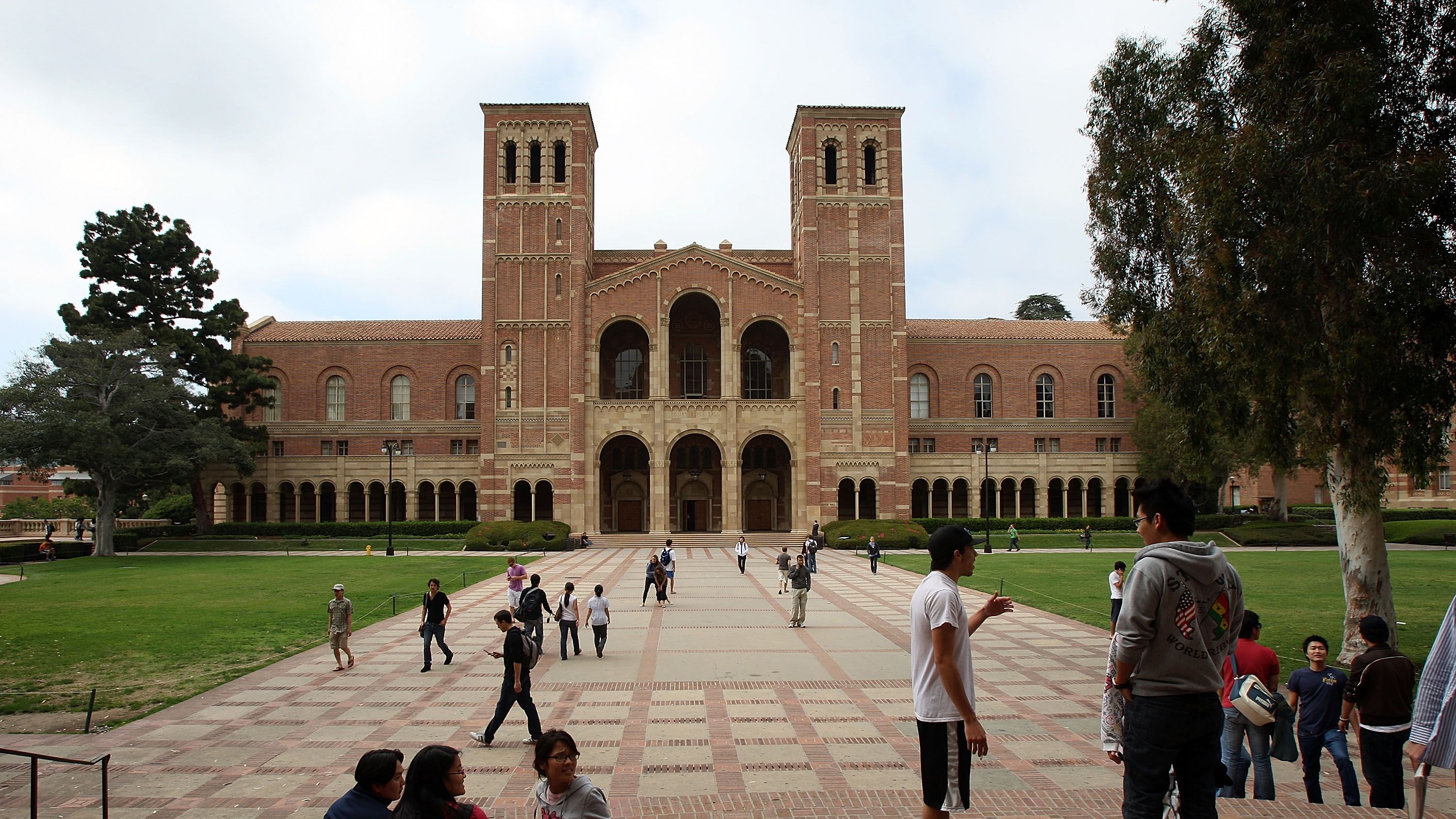

When Sofie Karasek was a freshman at the University of California, Berkeley, she was sexually assaulted by a leader of a student organization at an off-campus retreat. She reported the assault to the administration, but the student was never punished. (She filed complaints against the school under Title IX and the Clery Act, which are still pending; Berkeley is one of 84 U.S. colleges whose handling of sexual assault is under investigation by the Department of Education.)
Karasek, now a 21-year-old senior, doesn't want others to go through what she did, so she mobilized fellow Berkeley survivors (a term more empowering than "victims" that has been adopted by students nationwide) to speak before the California Legislature in support of a controversial law known as Yes Means Yes. They succeeded—Governor Jerry Brown signed the bill on September 28—and are now setting their sights on other states.
Marie Claire: Can you explain what exactly the Yes Means Yes law does?
Sofie Karasek: The law requires that universities determine whether both people gave "affirmative, conscious, and voluntary agreement" when they're investigating sexual assault. So that means if a survivor goes to the university and says, for example, "I was sexually assaulted. I was too drunk to say no, but I never said yes. I was taken advantage of," universities in California are now supposed to say, "Okay, that means the person who assaulted you should be found responsible." [Punishments range from probation to expulsion.]
MC: How would this have helped in your case?
SK: One of the reasons I think this law is important is that it gives a voice to survivors who couldn't speak out at the time of the assault because they were drugged or incapacitated or afraid. I didn't say anything when I was being assaulted, because I was scared. I didn't say no, but I did indicate it. I pushed him off me. It's really important to be able to hold the perpetrator responsible: They violate consent, even though the survivor doesn't verbally say no.
MC: The goal is to shift the conversation away from focusing on the victim, asking things like, "Did you say no? How loudly did you say no?" Right?
SK: I'm not trying to burden either party, but right now, the cards are so heavily stacked against survivors, and something needs to be done to level the playing field, to make these investigations as impartial, prompt, and fair as they're supposed to be. I'd like to see perpetrators asked, "Did she ever say yes? Did you ask if she wanted to have sex with you? Did she say it was OK? Did she indicate it in another way?"
MC: What did you make of the backlash?
SK: I've heard people say, "Oh, my God, this is going to criminalize all sexual activity." That's just absurd. Sexual assault is a huge problem, and we're trying to address the culture of sexual violence that allows it to permeate. Part of this is that there's such a lack of respect for the wishes of your partner. Look, if you're having consensual sex, this law isn't going to affect you. But if you don't know if you're having consensual sex, you should ask.
You should also check out:
Stay In The Know
Get exclusive access to fashion and beauty trends, hot-off-the-press celebrity news, and more.
The Fight Against Sexual Violence on College Campuses: End Rape on Campus
55 Colleges Face Investigation Over Sexual Assault Cases
The Fight Against Sexual Violence on College Campuses: One Student
This article appeared in the December 2014 issue of Marie Claire.
Kayla Webley Adler is the Deputy Editor of ELLE magazine. She edits cover stories, profiles, and narrative features on politics, culture, crime, and social trends. Previously, she worked as the Features Director at Marie Claire magazine and as a Staff Writer at TIME magazine.
-
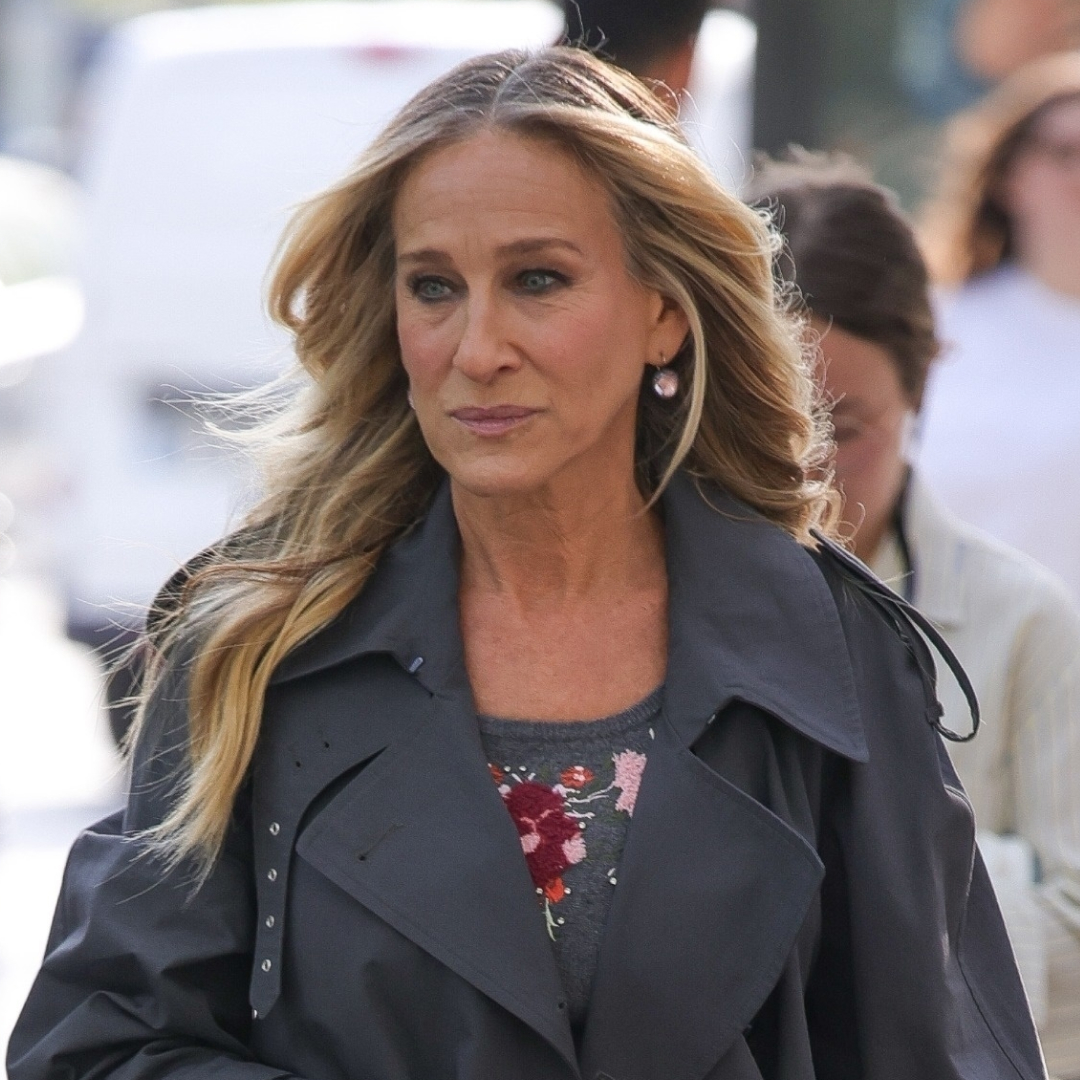 Sarah Jessica Parker Test-Drives the New Platform Ugg
Sarah Jessica Parker Test-Drives the New Platform UggCarrie Bradshaw would have some thoughts on the exceedingly fluffy footwear.
By Amy Mackelden
-
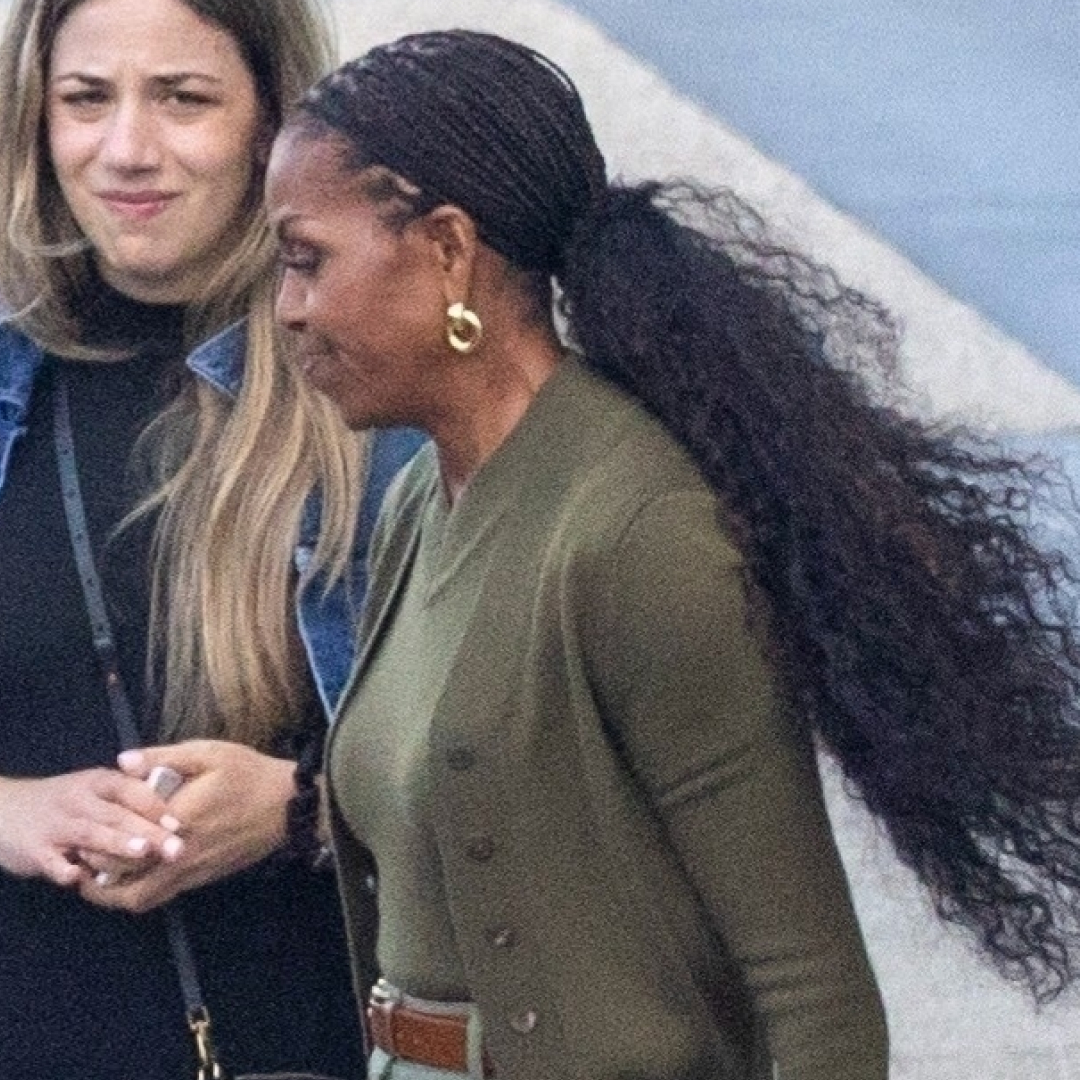 Michelle Obama Elevates Baggy Cargo Pants With a $3,700 Tote
Michelle Obama Elevates Baggy Cargo Pants With a $3,700 ToteThe former First Lady elevated her casual outfit with sleek accessories.
By Amy Mackelden
-
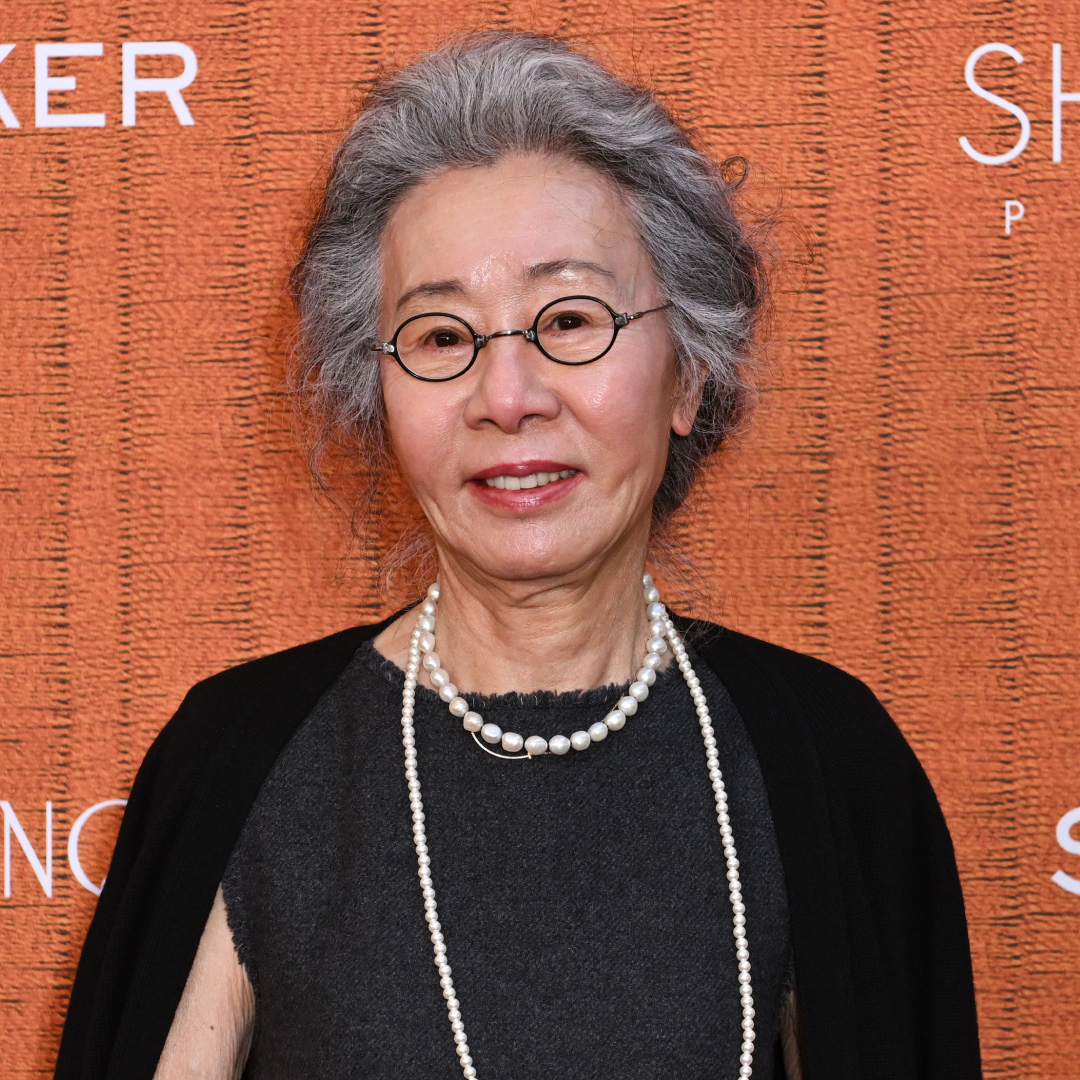 Youn Yuh-Jung Didn't Want to Make Another American Movie—Then Came 'The Wedding Banquet'
Youn Yuh-Jung Didn't Want to Make Another American Movie—Then Came 'The Wedding Banquet'The Oscar winner shares why the LGBTQ+ rom-com hit close to home and the message she hopes it sends to ''conservative'' Koreans.
By Quinci LeGardye
-
 36 Ways Women Still Aren't Equal to Men
36 Ways Women Still Aren't Equal to MenFeatures It's just one of the many ways women still aren't equal to men.
By Brooke Knappenberger
-
 This Bill Wants to Stop Anti-Abortion Groups From Getting Your Private Data. Period
This Bill Wants to Stop Anti-Abortion Groups From Getting Your Private Data. PeriodPost-Roe period tracking apps and search history suddenly have serious implications.
By Emily Tisch Sussman
-
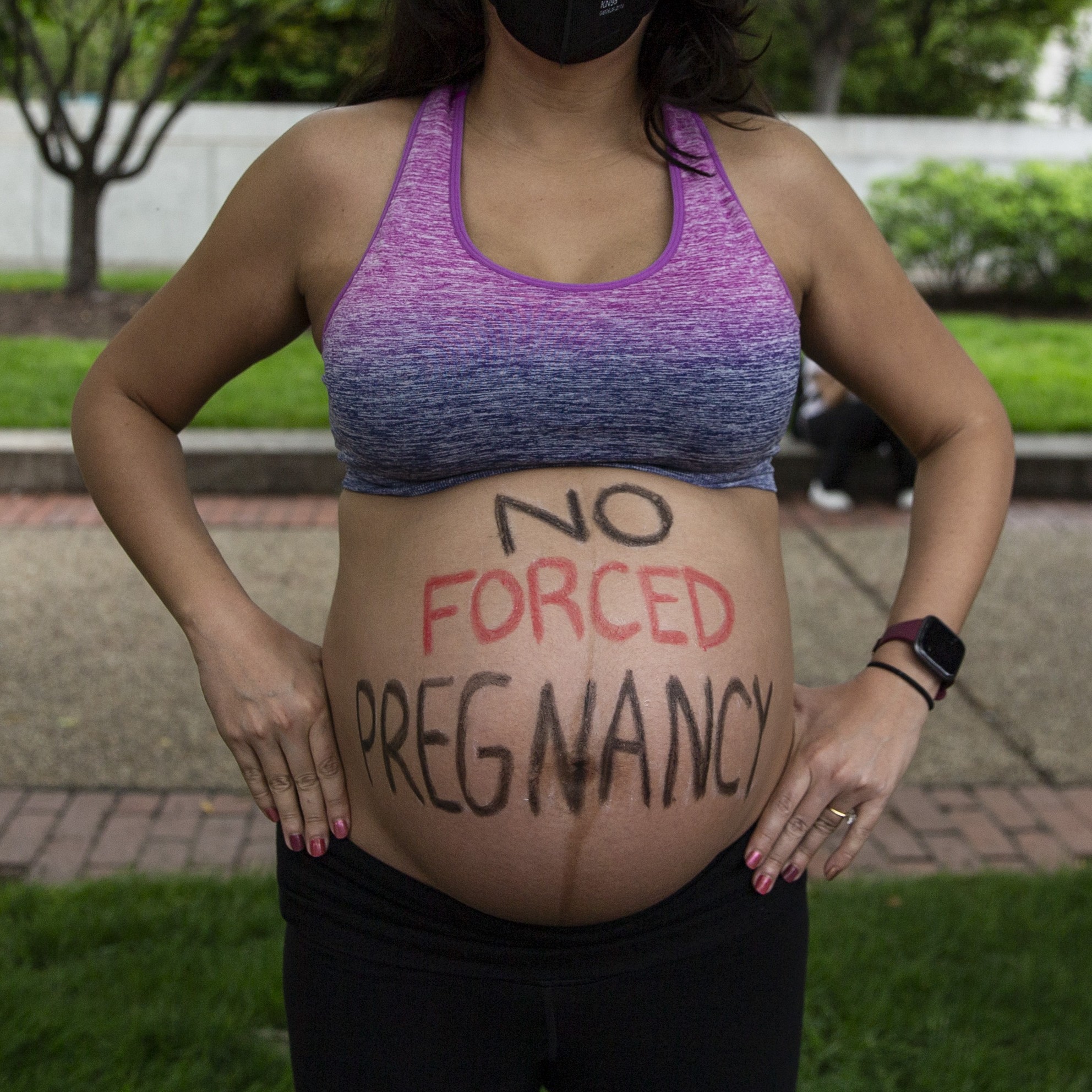 Post-Roe, Pregnant People Will Become Suspects
Post-Roe, Pregnant People Will Become Suspects\201cWe anticipate a very dramatic increase in the rate of criminalization of all pregnancy outcomes.\201d
By Lorena O'Neil
-
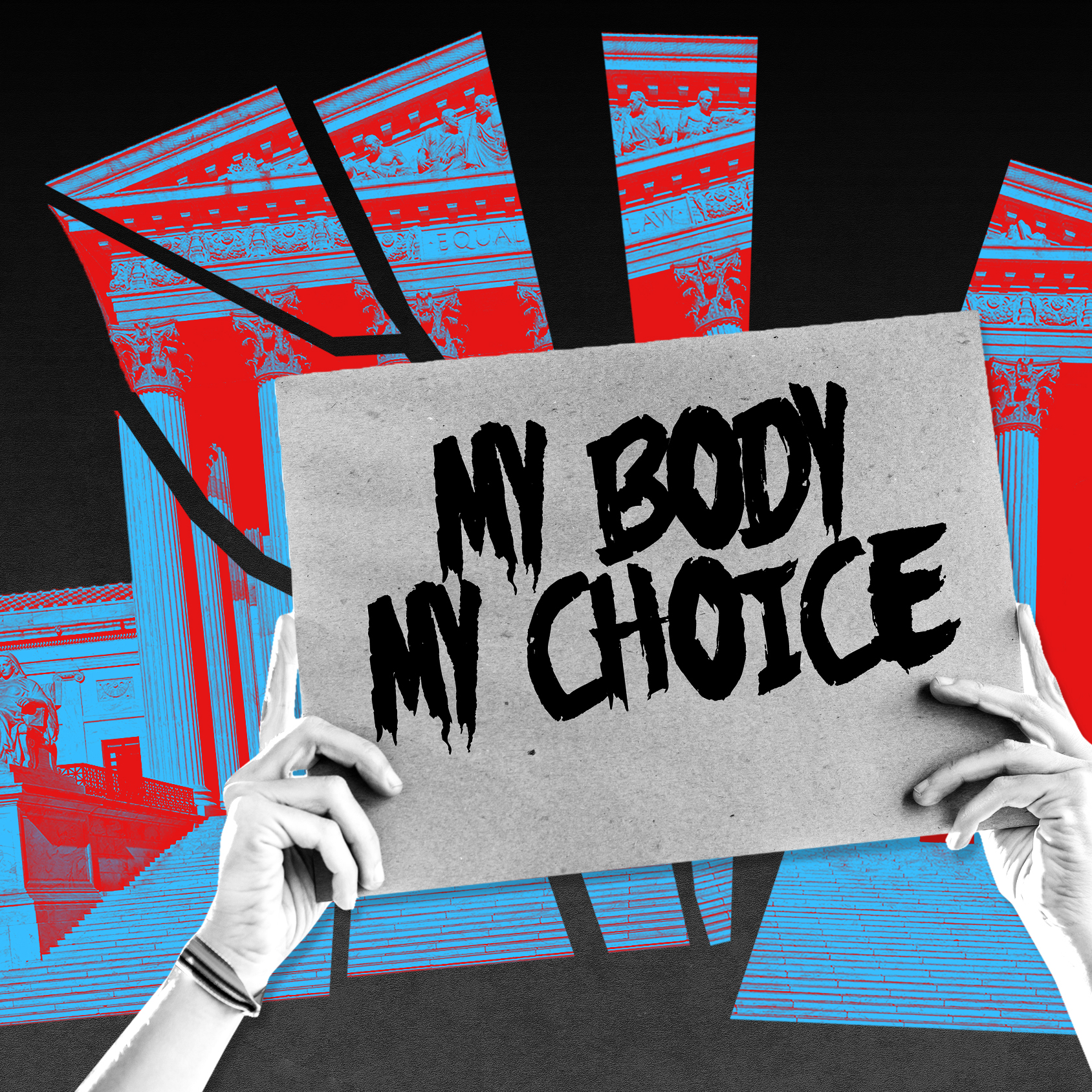 14 Abortion Rights Organizations Accepting Donations to Support Their Fight
14 Abortion Rights Organizations Accepting Donations to Support Their FightFeatures 'Roe' is no longer the law of the land, but these organizations won't stop fighting.
By Gabrielle Ulubay
-
 Lawmakers, Activists, and Allies Are Reacting With Fury to 'Roe' Being Overturned
Lawmakers, Activists, and Allies Are Reacting With Fury to 'Roe' Being OverturnedThousands are taking to Twitter to express their grief and anger.
By Tanya Benedicto Klich
-
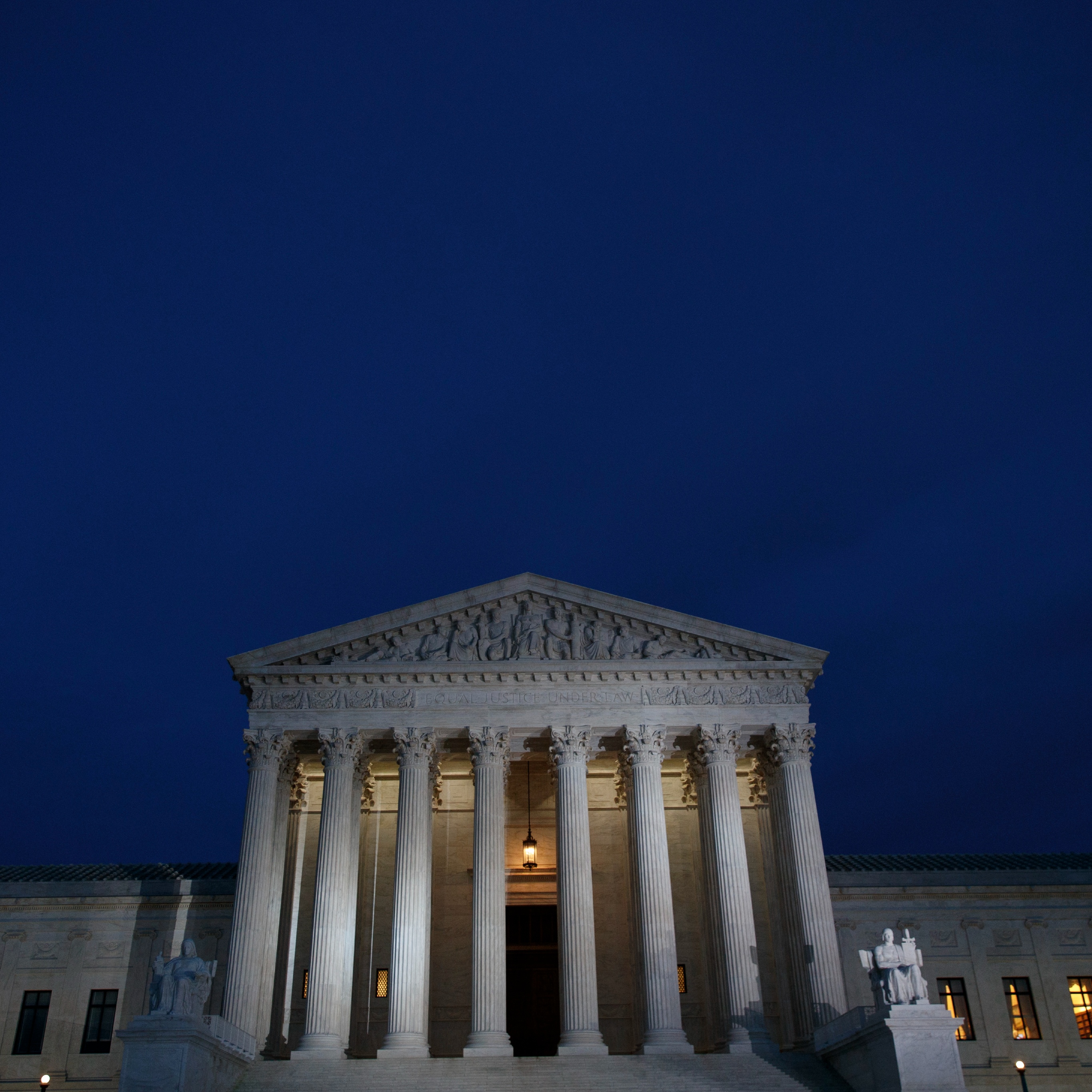 Justice Clarence Thomas: LGBTQ+ Rights and Contraception Are Next
Justice Clarence Thomas: LGBTQ+ Rights and Contraception Are Next"We should reconsider all of the Court's substantive due process precedents..."
By Jenny Hollander
-
 Roe Is Gone. We Have to Keep Fighting.
Roe Is Gone. We Have to Keep Fighting.How To Democracy always offers a path forward even when we feel thrust into the past.
By Beth Silvers and Sarah Stewart Holland, hosts of Pantsuit Politics Podcast
-
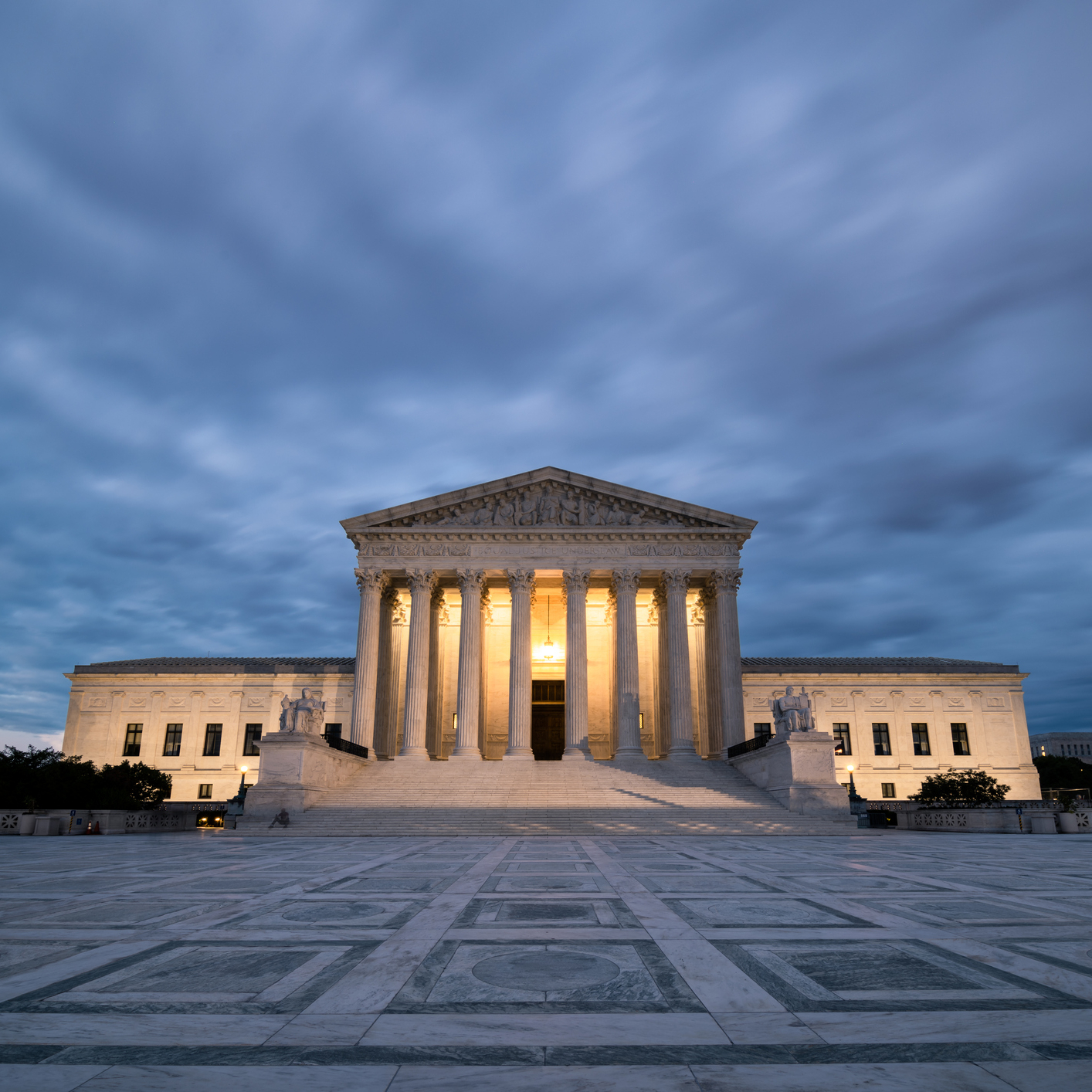 The Supreme Court Has Struck Down Roe v. Wade
The Supreme Court Has Struck Down Roe v. WadeRoughly half of U.S. states have indicated they will now ban abortion.
By Jenny Hollander